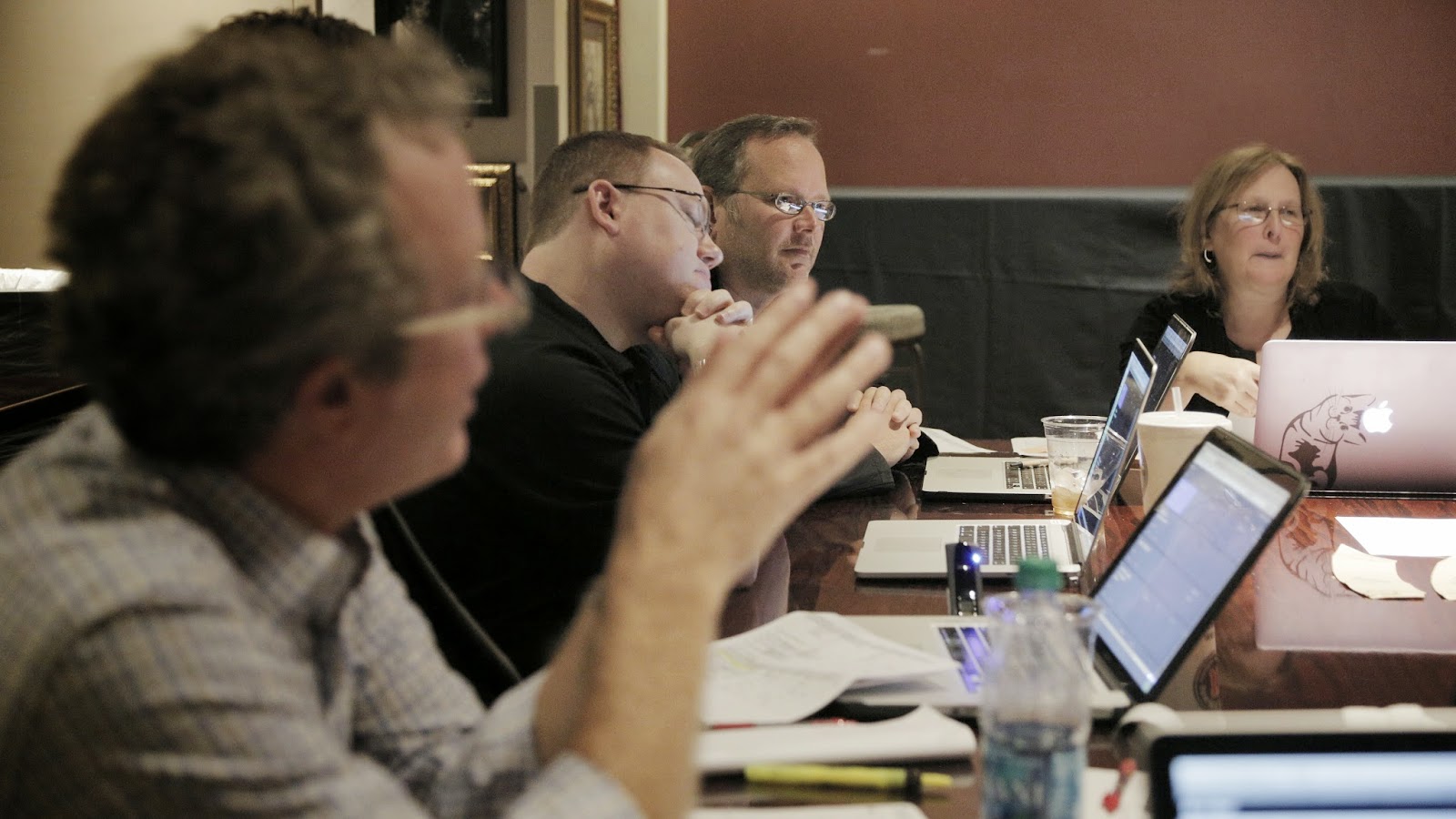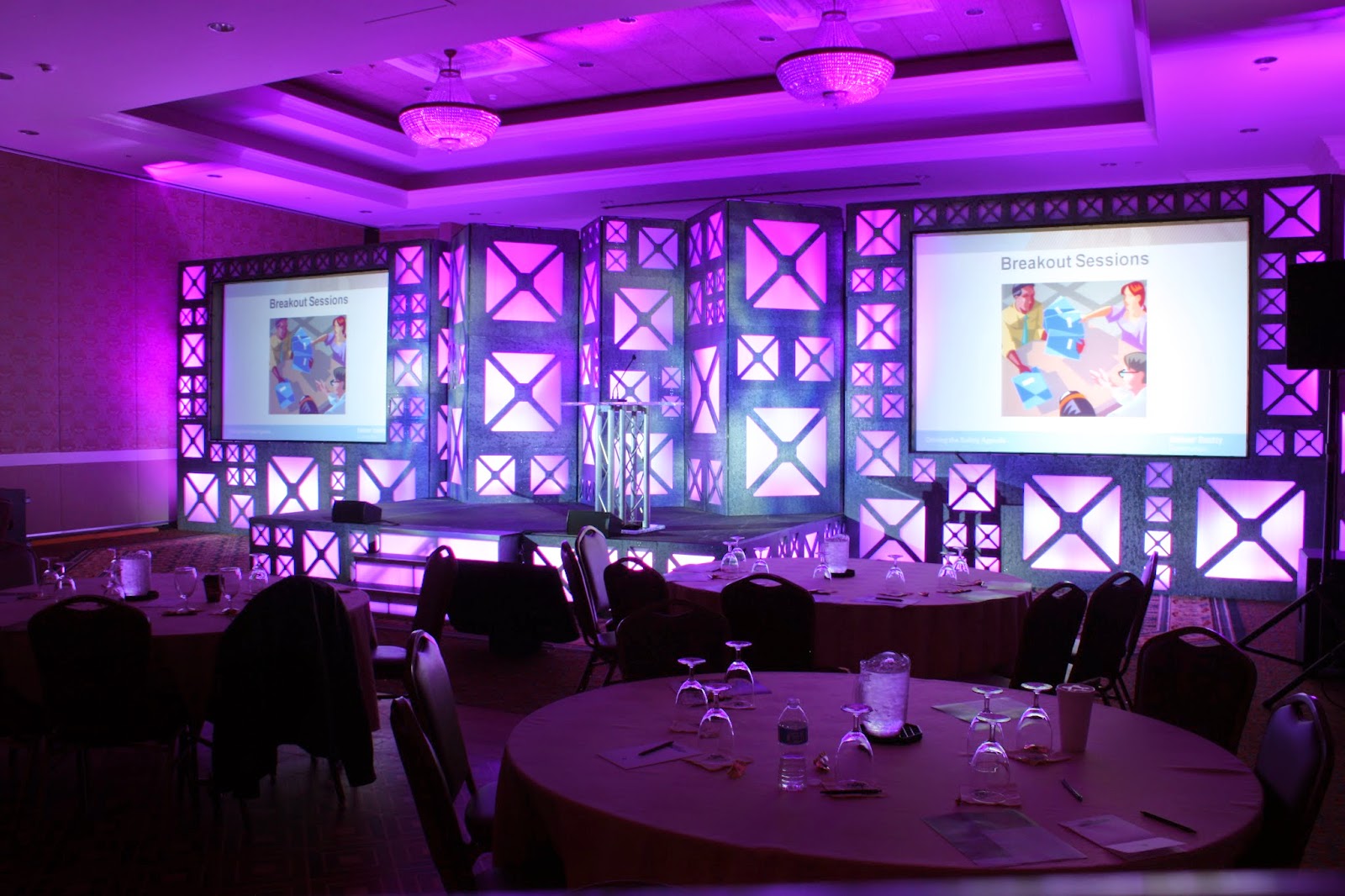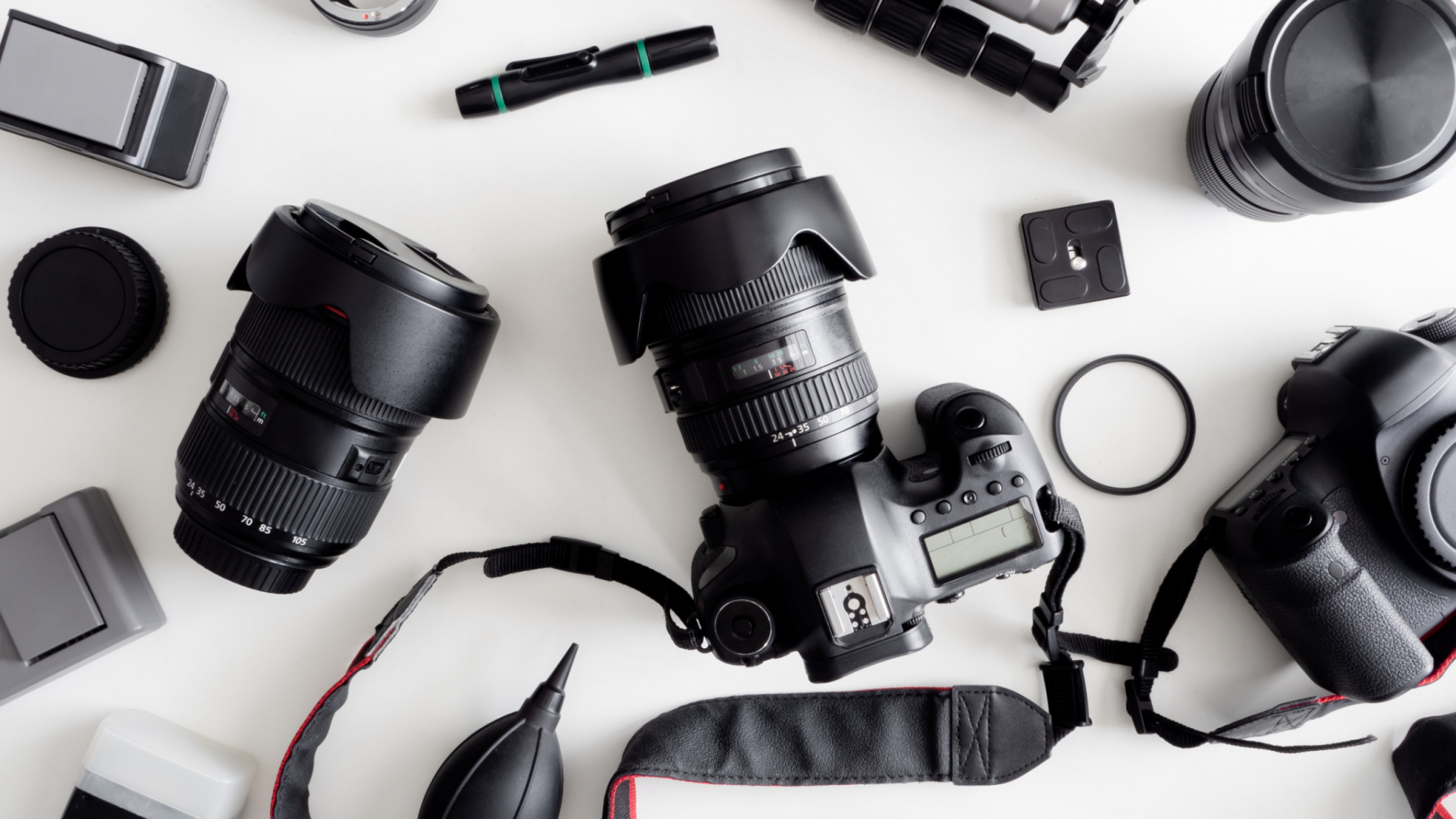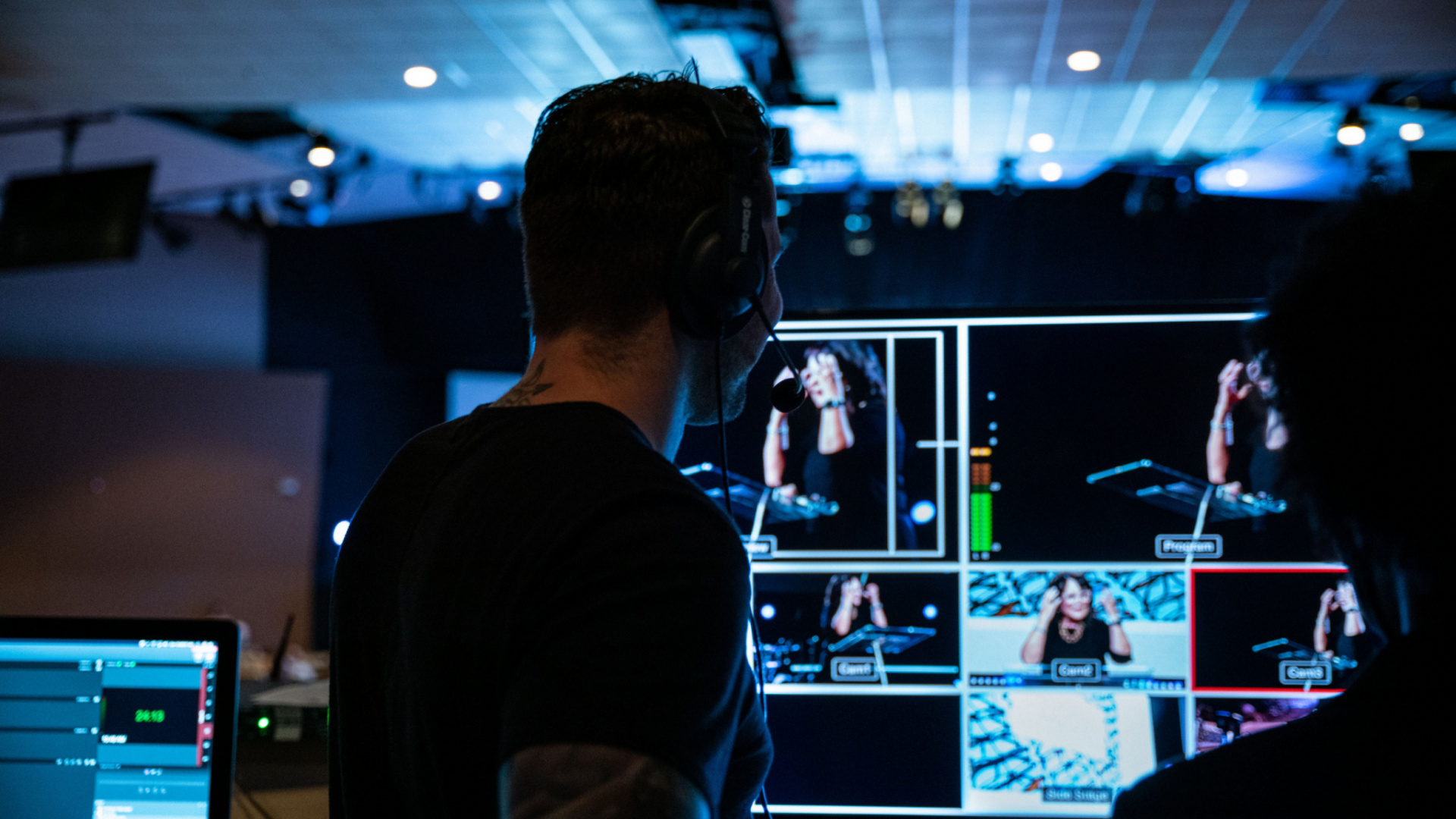What Does A Live Event Producer Do?

There are few roles more important in event production than the role of a producer. They are responsible for so much, essentially planning and coordinating all event activities on behalf of their clients. From initial client meetings which determine plans and budgets to selecting the venue and personnel to run the event, the producer is involved every step of the way. We recently met up with Rob Jones, a free lance event producer, to learn more about his role and how he has pulled off event after event for the past 20 years!
About Rob Jones
Beginning his professional career with Walt Disney Entertainment, Rob has held technical, production and account management roles for a vast level of projects and clients. For projects to which Rob has contributed, he has earned 7 American Business Awards (Stevies), 3 Tellys and 2 nominations for Producer of The Year from Event Solutions. He’s also had the honor of working on the 1996 Summer Olympics Production Team and Super Bowl XXXIX.
Q&A
What is your role in live events?
I am currently a freelance producer, but I have certainly seen my fair share of all aspects of events. I have directed, stage-managed, and even worked as a tech. Experiencing all aspects of an event really helps me excel at my job as a producer.
What does a producer do?
A producer’s role includes many things, but at the end of the day, my job is to help bring my clients ideas to reality.
How much do you tell the client about all the effort behind the scenes?
It depends on how much detail the client wants. Show production has a lot of moving parts and there are a lot of things that go on behind the scenes that can be overwhelming or distracting to some clients. At the same time, I have some clients that really like to get into the details of how we create production schedules, show flows, and what really goes into pulling a production off.
In relation to show flows and cue sheets, at what point are you involved?
What is your relationship with the stage manager – who owns and calls the cue sheet?
As a producer, it’s my responsibility to communicate the client’s goals into something my production team can understand, and that includes the stage manager. I always try to hand off the reigns of the cue sheet to my stage manager once we get on site. There are many changes that happen in rehearsals and it’s challenging for me to be in all places at the same time. The stage manger always becomes the final owner and editor of the cue sheet because they manage rehearsing with clients on stage and later responsible to call the cues for the rest of the crew. If edits to the cue sheet always had to wait for my hands to type them… it could be a detriment to the production team and show.
How do you put these changes into effect on site?
Ideally I’m speaking directly to my team and they then own the changes as needed. Email is certainly involved and even text messaging. But the difficulty with emails is they stack up behind the actual speed of changes that come from offline rehearsals, main rehearsals and even during show. The problem again is that I can’t be everywhere at the same time therefore causing communication challenges at times.
How do you handle versions of schedules and cue sheets currently?
Typically I version stamp them and place that info in the footer of my docs. This can be tricky, because all my crew will be given version XYZ of the cue sheet but as soon as they start rehearsing the changes come rolling in. We almost always run into the issue of some crew members having the wrong version of a cue sheet in front of them, which can lead to confusion.
How many versions do you typically end up at the end of a show?
The larger shows can have numerous versions. It can be up to 20 primary versions, each with their respective sub versions in-between. My inbox is usually flooded with emails with new versions attached so I have to choose the most recent. It gets particularly tricky if it’s a multi day event because you end up with morning and afternoon shows, and even more so if you have unique rooms with their own version history.
What happens when shows don’t go according to plan?
It does happen occasionally. But you have to maintain momentum, engagement and keep calm. You trust your team that you have in place – they are professionals and can make quick calls to bounce back and get on track again. It does get difficult when a show goes so far off “paper” that the cue sheet becomes useless. But to be able to make changes on the fly and maintain the “holy grail” value of a production cue sheet is essential in situations like that.
What is the value of rehearsals?
It’s my job to be planning and thinking through as many details as possible in the pre-production process, but on-stage rehearsals is when you really get to see and make valuable adjustments. If things get headed in the wrong direction you have the opportunity to get them back on track. But again, its all about the team and tools that help you respond well and quickly.
For key department heads, I try to bring them in at least 30 days out when possible. I typically have a good idea of the show structure and I can plan ahead on any needs from vendors. Within 1-2 weeks I bring the remaining crew into the production schedule, go over times of events and cues, accommodations, travel, etc.
What keeps you in the live event industry?
Haha, I didn’t really plan on getting into this industry. I was an audio engineer and musician looking to be in a recording studio. In the late 80’s I joined Disney Entertainment doing live events and just got hooked I guess. I’ve never looked back with any regrets. I love what I do.
What changes to overall production process would you love to see?
I mean, getting info from our clients sooner would always be ideal, but more often, events aren’t their full time jobs. You have to understand where they’re coming from and the show must go on. Therefore translating documents more easily from the client to to my production team is a necessity.
How were you exposed to Shoflo?
I recently worked with a Stage Manager who was moving their cue sheet into Shoflo. I loved being able to input and push changes to crew instantly, and being able to view it on my phone, tablet and computer was big. It was fun to watch the whole crew as they tracked the Stage Manager from cue to cue during the rehearsals and show. We definitely used the print to PDF as a backup before shows and that’s huge that you guys have that. When it was all over, the show ran smoothly and was very successful.
Thanks to Rob Jones for taking the time for this interview. Check out Rob’s Linkedin.
To see why Rob Jones continues to use Shoflo to make his events run better, click here.
Rob graduated from Millikin University with a Degree in Commercial Music.
When he isn’t traveling or working long hours, he enjoys salt water fishing, writing his wine blog and cooking creative dishes to complement those wines.








